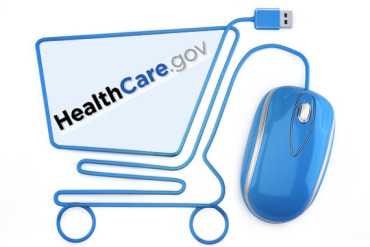Open Enrollment and Removing Barriers to Care
This post was written by Ruby Steedle, a Nutrition Educator at the Squirrel Hill Food Pantry.
Today, November 1st, marks the beginning of open health insurance enrollment for the coming year. Individuals without health insurance through their employer or the government can go to healthcare.gov to enroll, re-enroll, or change their 2017 health insurance plan. This new marketplace created by the Affordable Care Act (ACA) marks a significant improvement in removing barriers to accessing healthcare for people from all backgrounds.
Despite all of the improvements that the ACA brought in terms of helping people get health insurance and access to care, it can still be difficult for people with low health literacy and with limited access to technology to sign up for a plan and find the best option for them. Additionally, the website is available only in English and Spanish, meaning individuals that aren’t fluent in either language must find translation help in order to enroll.
The barriers to accessing health insurance through the ACA is just one example of how social services can be difficult to obtain, especially for those who need the help the most. Our Corps experienced this first-hand through applying for Supplemental Nutrition Assistance Program benefits, also known as food stamps. Even as tech literate young adults, most of whom have backgrounds in public health and have understanding of how social service programs operate, we had many challenges in completing the paperwork and receiving our benefits.
This experience highlighted in many of our minds just how essential enrollment assistance programs and other accessibility services are to ensure that people receive the benefits they need. It’s not enough to offer a service or benefit -- it is necessary to make sure that it is accessible to those that need it most.
Open enrollment and enrollment assistance is only one example of how we’re becoming more aware of how to help those in need. It’s our responsibility as service providers, and especially as young people striving to improve the health care system, to be constantly looking for ways to improve access to the services we provide and making sure that those who need our services most are able to receive them. Though this is a challenge, it is also an exciting opportunity for us to learn and grow in our ability to provide care and help those in need.